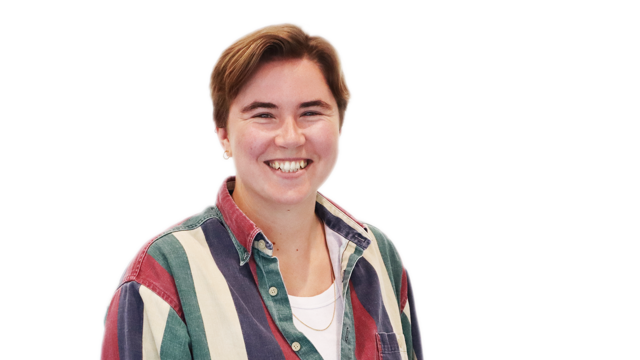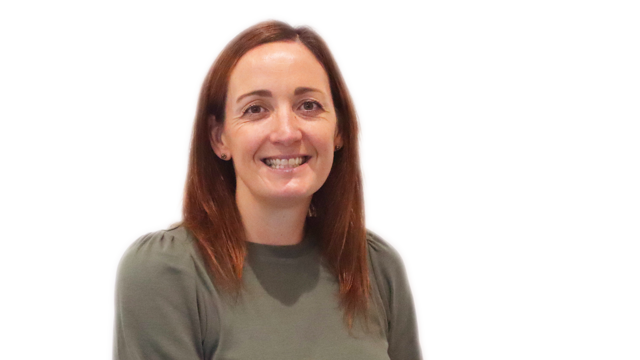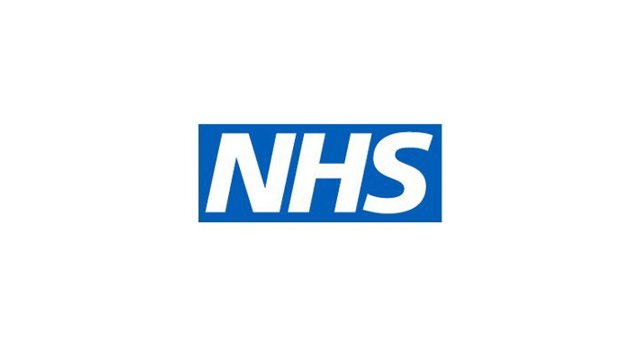World Menopause Day 2024: GM Moving’s Commitment to Support and Inclusion Across Greater Manchester
We are sharing resources, support, and stories from Greater Manchester from partners and those navigating menopause.
Share
Today is World Menopause Day, a day to raise awareness about menopause and its effects on health and well-being. Menopause is a natural part of life, but it can come with difficult symptoms that impact work, relationships, and overall health.
In line with our Active Partnerships Menopause Commitment, we’re sharing helpful information, resources, and personal stories from people across Greater Manchester. These insights show how menopause can affect daily life and how support from workplaces and health organisations can really help.
This work also supports our promise to raise awareness about menopause and to create healthier, more inclusive workplaces as a Menopause Friendly Employer.
The importance of activity and building bone strength during the Menopause
As we get older, our bone density decreases, starting as early as our 30s. When we lose bone density, our bones become weaker and less flexible, making them easier to break.
Women, in particular, may experience more bone density loss before, during, and after menopause. This is because oestrogen, a hormone that helps keep bones strong, drops quickly during this time. Lower oestrogen levels can lead to a higher risk of fractures and developing osteoporosis, a condition where bones become very weak. In fact, 1 in 3 women over 50 may experience a hip fracture.
The good news is there are ways to support our bone strength. Bones actually become stronger when we use them! Dr Ashley Gluchowski, a clinical exercise physiologist and University Fellow at Salford University, explains in the video below how muscle-strengthening exercises can help maintain and improve bone strength.
Menopause Support Case Study: Bury Live Well
Shelley Caulfield is the Wellness Service Manager at Bury Live Well, where she helps women going through menopause by providing support, leading community outreach, and running educational sessions. We recently interviewed Shelley to learn more.
Q: How did you start providing menopause support as part of the Live Well Service?
I started working on this over two years ago. A local menopause coach, Jane Straccia, had seen that people had questions about exercise and nutrition for menopause, so she asked me for help since it’s part of my job. We work really well together. When the GP Federation in Bury saw that more support was needed, I completed menopause coaching training, funded by Public Health Bury, to help us reach the community better.
Q: What is the focus of your support sessions?
Live Well has support sessions every 2-3 weeks in central Bury, but I focus on helping groups that might not attend those sessions, like the South Asian community, women with learning disabilities, and the Jewish community.
Q: How do you connect with GP clusters?
The GP Federation in Bury has been great in helping us provide this support. They know GPs have limited time, so Live Well can spend more time with women to help them understand their situations. We help them know the difference between menopause symptoms and other lifestyle issues. We offer a full range of support, including HRT, exercise, nutrition, and stress management.
Q: How does this work in practice?
GPs display our menopause support flyers in surgeries and circulate them to patients. I also provide training sessions to surgery staff so they’re confident in signposting women to our support. I'm part of the Women’s Health Hub steering group, so all frontline and strategic staff are aware of what we offer. We only do group sessions, including planned and pop-up community sessions. This approach allows us to reach 15-20 women at a time, enabling women to then support others in their communities, which helps us maximise our limited resources.
Q: How do you work with diverse communities? What strategies have been effective?
Live Well focuses on community support by being present in local areas. We build strong relationships to gain trust. By being knowledgeable about menopause, we reach women who usually wouldn’t seek help from GPs. Now, the Women’s Health Hub in Bury relies on us to provide menopause education while they focus on other services.
Q: How do you connect with and support local communities?
I connect with trusted community leaders—like faith leaders, key volunteers, local group organisers, tenant officers, and pharmacists. I go to familiar community spaces, becoming a regular face to build rapport and trust. I always aim to deliver messages with cultural sensitivity, using humour, relatability, and kindness, so that women feel comfortable and understood.
Q: What difference are you seeing in the community?
Women are beginning to speak up for themselves and share information within their communities. For instance, Chani has improved her knowledge and now helps many women (read Chani’s story here).
Our work with learning disability groups is also making a difference by giving information in ways that work for them, which helps caregivers support the women they assist.
Q: What ongoing support does Live Well offer in Bury?
In Bury, we promote menopause awareness all the time. We have support sessions several times each month. On World Menopause Day, I invite people to download our educational booklet and think about coming to a Live Well session to learn about the support available. I’m also hosting women’s health sessions for the learning disability community and working with GPs to make reasonable adjustments for support.
What next?
That wraps up our resources for World Menopause Day 2024! Ready to keep reading? Why not have a look at our CEO Hayley's blog post on movement and menopause.
For further information on Menopause awareness, please contact Claire Marshall.
For other updates on the work of GM Moving and our partners, make sure you follow us on LinkedIn.
About GM Moving
GM Moving is a charity working to improve physical activity and well-being across Greater Manchester. We focus on creating inclusive environments that empower individuals and communities to be more active and lead healthier lives. Our mission is to inspire positive changes in health and fitness by collaborating with local partners, health organisations, and community groups. We are dedicated to raising awareness around important health issues, such as menopause, and providing the resources and support needed to enhance the quality of life for all residents. Through our work, we aim to foster a culture of movement, making Greater Manchester a healthier and more vibrant place to live.
We are proud to be a Menopause Committed Employer, and working towards full Menopause Friendly Accreditation.
Latest News

How leadership, workforce, and volunteering can help active lives for all
After our event in March, Emily reflects on the power of shifting conversations around leadership, volunteering, and the shared drive to make movement part of everyday life for all.

Strength Training Awareness Day returns to raise awareness of benefits of strength
Strength Training Awareness Day returns for 2025 to celebrate the power of strength training for health and well-being.

Harnessing the benefits of physical activity across the NHS in England
Following the NHS England statement on physical activity, Manchester GP Dr Naddia Atif looks at how healthcare professionals can keep moving and the support they can offer their patients.
